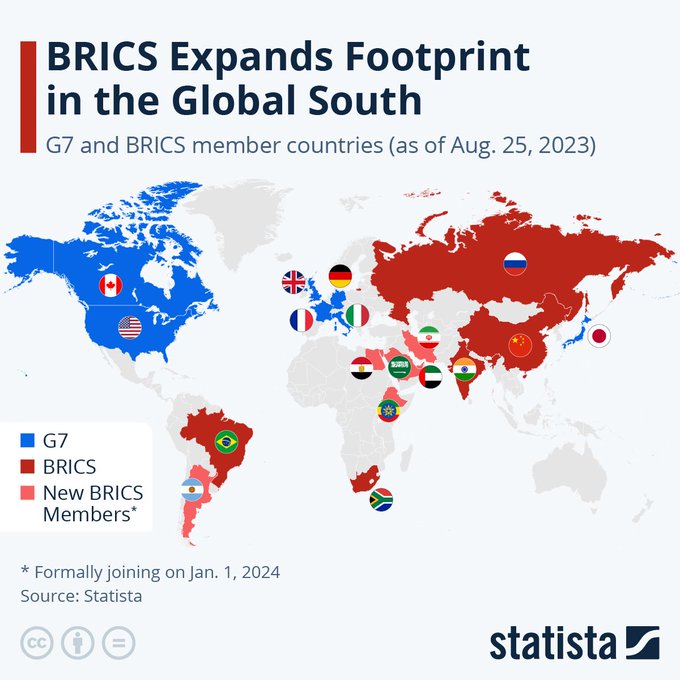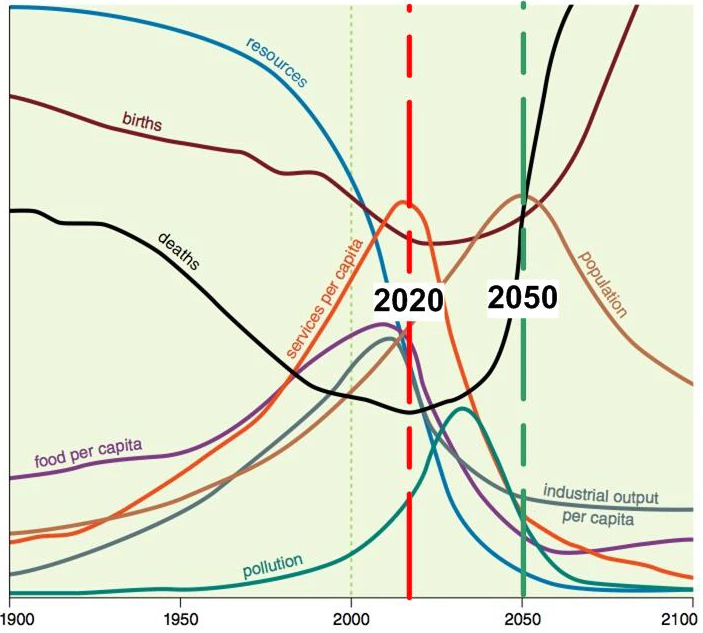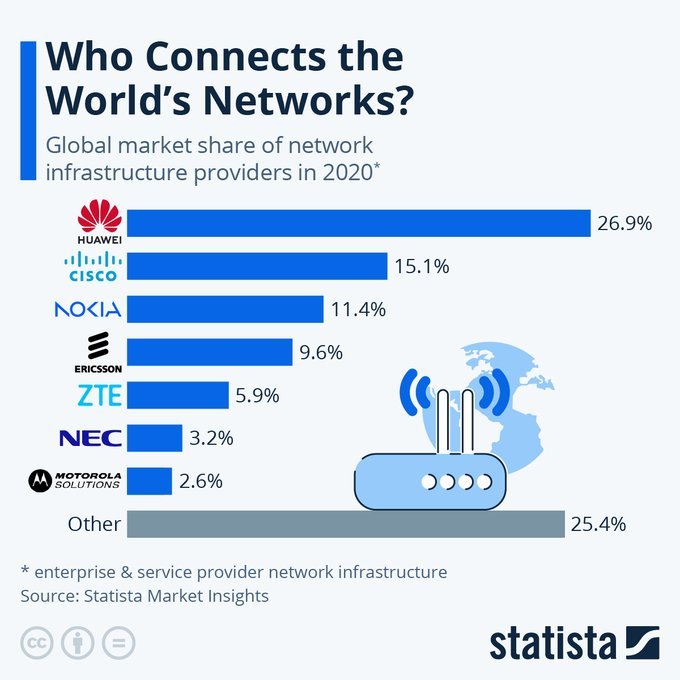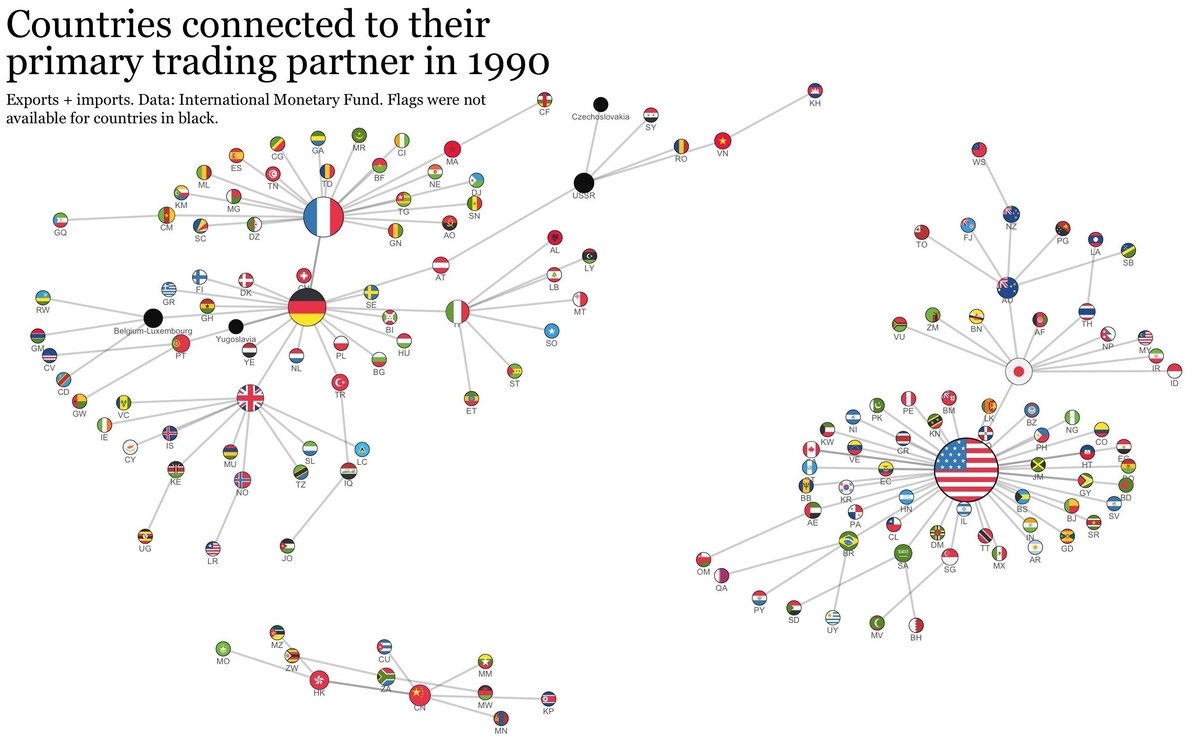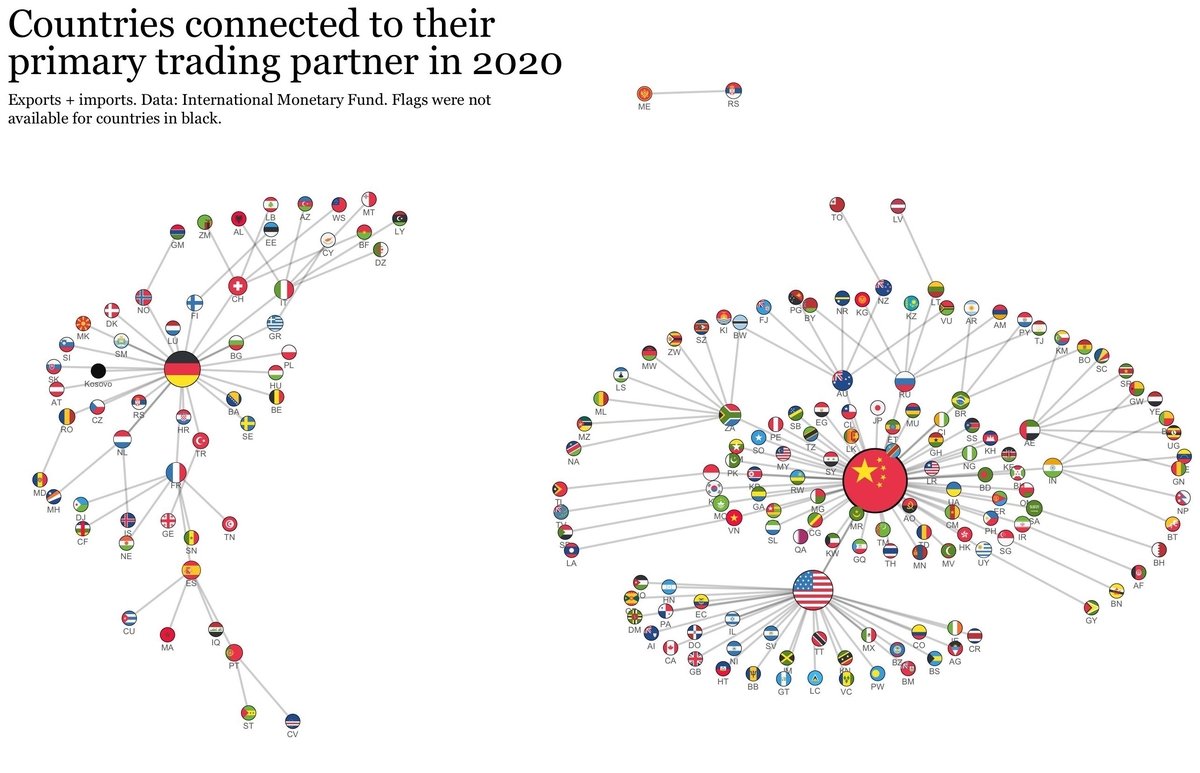So, if at first, or second, or third, or tenth you don’t succeed, try try again. The Netherlands, under heavy pressure, has canceled already approved sales of ASML lithography machines to China.

The leadership of ASML had resisted these sanctions because they said it wouldn’t work: what would happen is that China would learn how to make the machines themselves.
What he didn’t say, but it is true, is that ASML would not just lose the Chinese market, they would eventually lose the world market anywhere that didn’t put high tariffs on China or ban Chinese ASML machines, because when China learns how to make their own they will inevitably be cheaper, and the quality will catch up at some point.
Sanctions work on weak nations. They do not work on strong nations, or on nations which have strong friends. Russia sanctions might have worked if China and India and most of the South had gone along, but since China was never going to let Russia be destroyed, and since Russia produces all the fuel and food and most of the minerals it needs, plus still has a fair bit of advanced and heavy industry, especially arms manufacturing, it was never going to happen.
Sanctions against China are insanity. All they do is accelerate local production.
The thing is that before the sanctions most Chinese majors preferred US or South Korean designed chips. They were considered better and more reliable. Executives would not buy Chinese chips, even when they were available.
But when the US first launched its chip sanctions they were clearly trying to take out Huawei, one of China’s largest companies.
Being reliant on western chips went from the safe choice to the insanely risky choice and China, both private and public, spent vast sums and made huge efforts to build their own chip industry (including lithography machines are alternatives.)
There was a small window to turn this around when Biden was elected, but he doubled down on sanctions.
This needs, I think, some unpacking.
I don’t like to reach for arguments are about racism, but there’s a weird assumption in the Western ruling class that the West is just superior to everyone else: that our technological lead was somehow innate and inevitable and eternal.
Given that China had the tech lead over the entire world for a couple thousand years (or may 1,500 before which it was India or Ancient Greece and before that it was always Mesopotamia or Egypt) this seems strange. Europe took the tech lead for complicated reasons, both China screwing up and European events which were historically contingent and mostly not planned.
(This is a reader supported Blog. Your subscriptions and donations make it possible for me to continue writing, and this is my annual fundraiser, which will determine how much I write next year. Please subscribe or donate if you can.)
A full discussion is beyond the scope of this article (and fills many many books) but “Why Europe and not China” is its own genre.
But nobody with any sense thought it was because Europeans or those of European descent are innately superior to Chinese.
I’m a broken record on this, but where the industrial base goes, the tech lead goes, at least in the industrial era. Pre-industrial it’s a bit more complicated, but it’s not an awful guideline, the exceptions tend to be transient, but they do exist (the ancient Greeks were insanely advanced) and they tend to occur where there are is a group of constantly competing small nations, which is the over-simplified explanation for European pre-industrial revolution technological advancement and also explains the massive leaps China took during warring states periods.
But if you don’t have a forced competition between near equals who know they can’t sit still or a genuine breakthrough (the industrial revolution) or both, then the more normal processes mean that where the industrial base is, so goes the tech.
Now, sanctions against China would make sense IF and only IF, you were going to take advantage of them immediately. In other words, go to war or make really radical changes to try and re-industrialized.
How radical? Well, my estimate is that if the US wants to re-industrialize it needs to drop housing and rental prices by about two-thirds, and forbid all excess profits on any product which isn’t new, say less than ten years old (and a new model is not new. Smarthone producers should have been allowed to gouge on smartphone prices for ten years after the first iPhone, for example.) No food gouging, no pharma-price gouging on medicines decades old, and so on.
The US (and Europe) need a crash, not in living standards, but in price structures. That means the people at the top need to become a lot less rich, very very fast. Social welfare isn’t a problem, actually, letting ordinary people have a backup so they can take risks and start new companies is a good thing, and so is forcing companies to really compete for employees. Tech advancement and economic growth was far better in periods with when the US had more generous welfare systems.
Obviously these policies are extremely radical, and equally obviously, America isn’t going to pursue them, so anti-China sanctions are basically pointless and actually accelerate their tech progress.
China now has the lead in more techs than not. That’s not going to change: it’s going to get worse. When the US sent its industrial base to China that became inevitable because all “end of history” bullshit was, in fact, bullshit. Capitalism doesn’t require representative democracy and neither does fast technological progress. (It doesn’t need capitalism, per se, either, but that’s the only solution we know and it was necessary for China to do capitalism to get the industrial base transfer. Also, again, another book sized topic.)
Anyway, again, anti-China or Russia sanctions increase the speed with which they catch up in tech, not decrease it. The Russia sanctions could have been justified if they let Ukraine win, but obviously they didn’t, and it should have been obvious at the time they wouldn’t because of China’s very good reason for not allowing them to work.
Our leaders, still only good at making themselves richer, worthless for all other purposes. And, in the end, the policies they pursued to make themselves rich will just turn them into the people running shithole countries which don’t much matter.
SUBSCRIBE OR DONATE
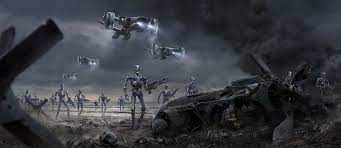

 Meanwhile the Yemenis live in a mountainous country and their missiles are all mobile. It is impossible to take them out just with naval power: boots on the ground are necessary: a full invasion and occupation, in fact and that just isn’t happening: the US might be able to do it by going all out, but it would have nothing left for anywhere else.
Meanwhile the Yemenis live in a mountainous country and their missiles are all mobile. It is impossible to take them out just with naval power: boots on the ground are necessary: a full invasion and occupation, in fact and that just isn’t happening: the US might be able to do it by going all out, but it would have nothing left for anywhere else.
